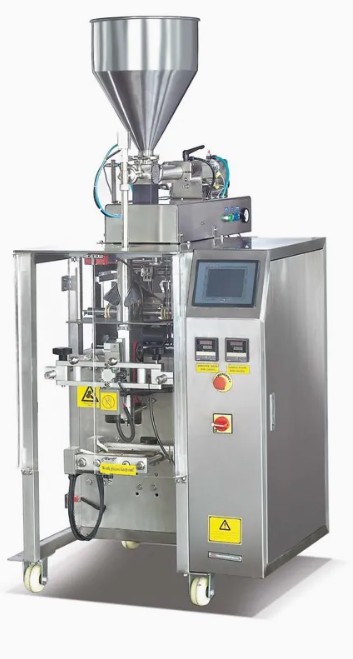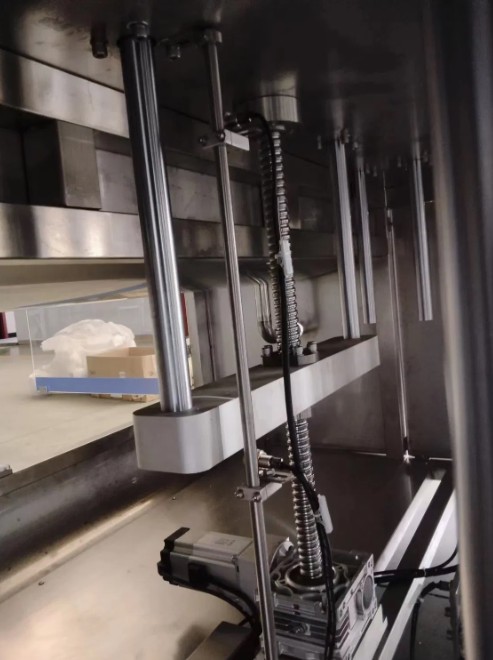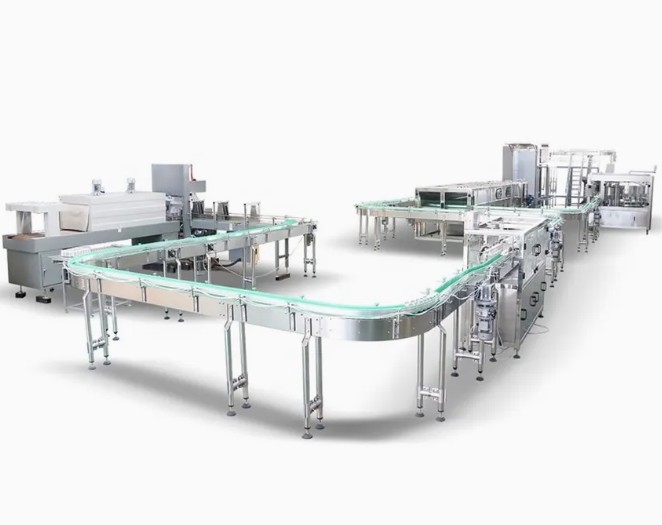Multi-functional fully automatic beer filling, seasoning filling and capping machine
Product description
In the fast-paced world of manufacturing, efficiency and accuracy are non-negotiable. Enter the automatic liquid filling capping machine—a versatile and integrated system designed to fill containers with liquids and seal them with caps in a single seamless process. Widely used in industries such as pharmaceuticals, food and beverages, cosmetics, and chemicals, these machines combine cutting-edge automation with reliability, ensuring consistent product quality while reducing labor costs and production time. This article explores their functionality, applications, and the technological advancements that make them indispensable in modern production lines.
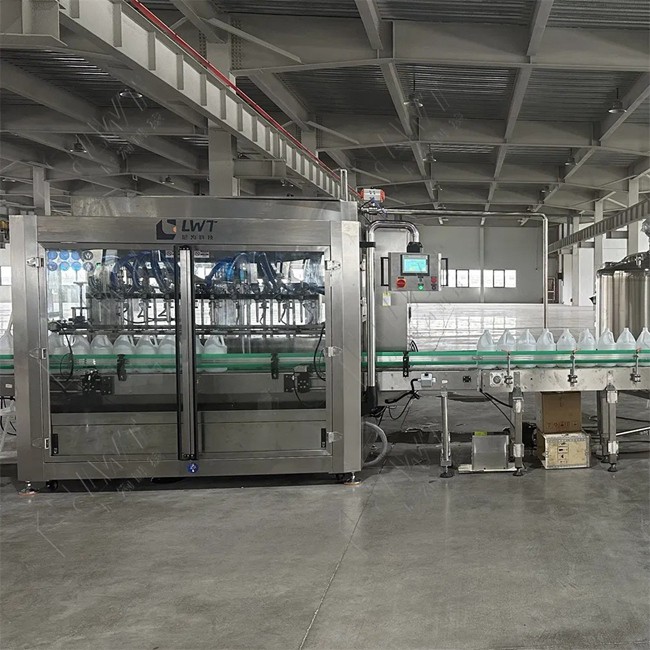
How It Works: The Dual Process of Filling and Capping
Automatic liquid filling capping machines merge two critical stages of packaging—filling and capping into one automated workflow. Here’s a breakdown of the process:
Container Feeding: Empty bottles, jars, or tubes are loaded onto a conveyor system, either manually or via an automated feeder.
Filling Phase:
The machine uses precision filling technology (piston, gravity, pump, or volumetric) to dispense a predetermined volume of liquid into each container.
Sensors ensure accurate fill levels, minimizing waste and spillage.
Capping Phase:
Caps (screw caps, snap-on lids, press-on seals, etc.) are fed into the machine’s capping unit.
Robotic arms or magnetic cappers align and secure the caps onto containers with consistent torque to ensure airtight sealing.
Quality Control: Optional vision systems or sensors verify proper fill levels and cap placement, rejecting defective units.
Output: Finished products are discharged for labeling, packaging, or further processing.
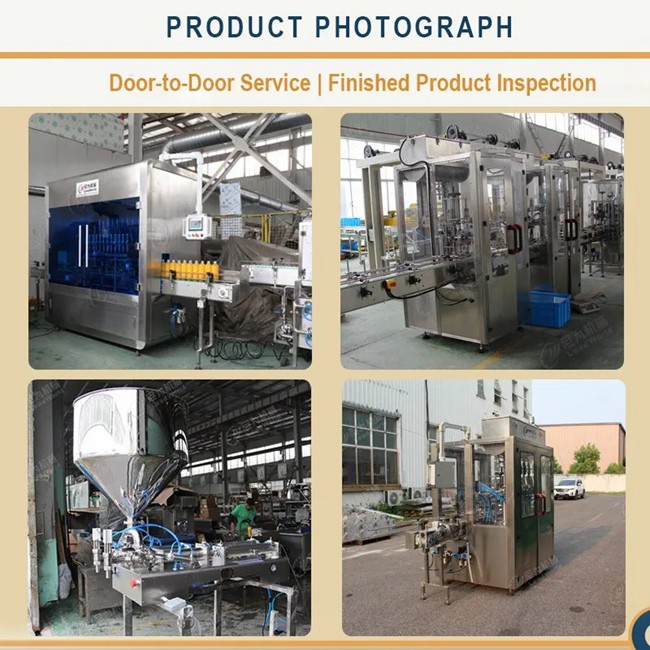
Key Components and Technologies
Filling Nozzles: Adjustable for different viscosities from water-like fluids to thick creams or gels.
Capping Heads: Compatible with diverse cap types and materials (plastic, metal, child-resistant caps).
Conveyor System: Synchronize container movement between filling and capping stations.
PLC Control Panel: Centralized interface for programming fill volumes, cap torque, and production speed.
Sanitary Design: Stainless steel construction and CIP (Clean-in-Place) systems for industries requiring sterile conditions.
Advantages of Integrated Filling and Capping
Enhanced Efficiency: Eliminate the need for separate filling and capping machines, reducing production time by up to 50%.
Consistent Quality: Automated systems ensure uniform fill levels and proper cap tightness, critical for product integrity.
Labor Savings: Minimize human intervention, lowering labor costs and error rates.
Space Optimization: Compact designs save floor space compared to standalone units.
Hygiene and Safety: Closed systems reduce contamination risks, ideal for sensitive products like pharmaceuticals.
Scalability: Adjustable settings accommodate small batches or high-speed production (e.g., 200–500 containers per minute).
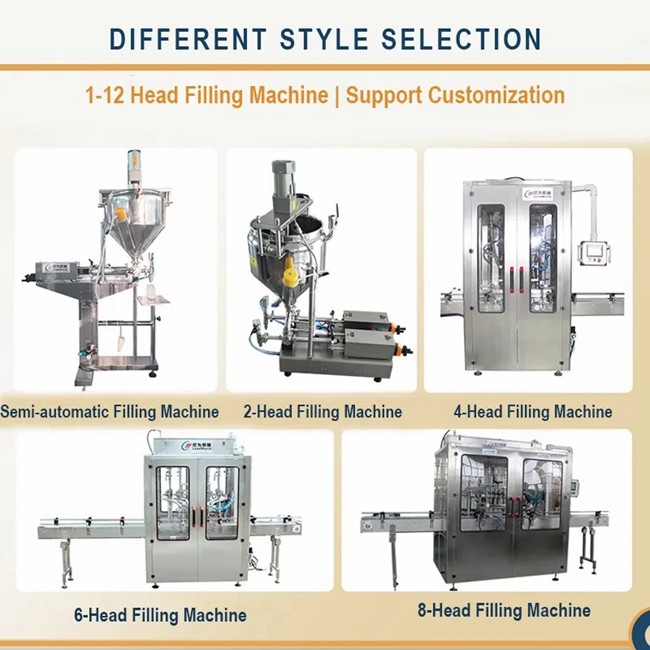
Technological Innovations
Smart Automation:
IoT connectivity for real-time monitoring of machine performance, predictive maintenance alerts, and remote troubleshooting.
AI-driven adjustments to optimize speed based on container size or liquid viscosity.
Torque Control Systems:
Servo motors ensure precise cap tightening, preventing under- or over-torque that could compromise seals.
Quick-Changeover Systems:
Modular components allow rapid switching between container sizes, cap types, or liquid products.
Vision Inspection Systems:
Cameras detect misaligned caps, incomplete fills, or foreign particles, ensuring compliance with quality standards.
Energy Efficiency:
Variable frequency drives (VFDs) reduce power consumption during idle periods.

Choosing the Right Machine
Selecting an automatic filling capping machine depends on several factors:
Liquid Properties: Viscosity, foaming tendency, and temperature sensitivity.
Container Specifications: Size, shape, and material (glass, plastic, metal).
Cap Types: Screw caps, flip-tops, droppers, or induction seals.
Production Volume: Throughput requirements (low, medium, or high speed).
Regulatory Compliance: Certifications like FDA, GMP, or ISO for specific industries.
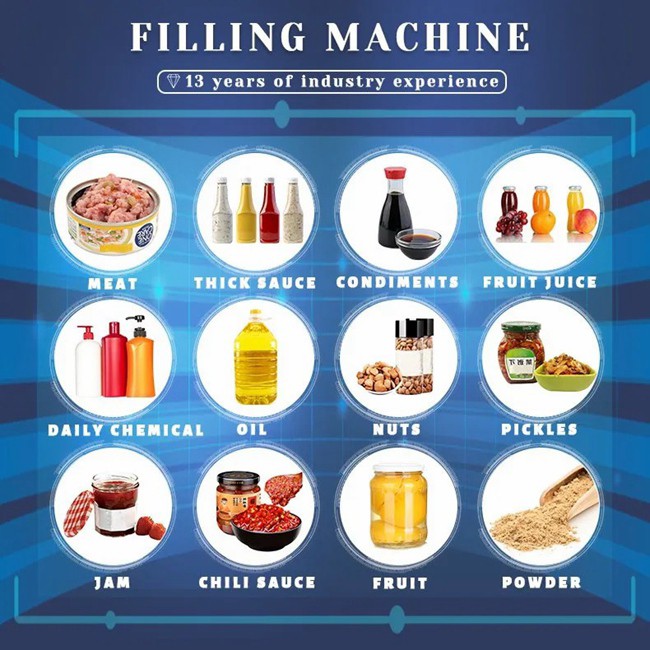
About Us
Shanghai Leadworld Machinery Technology Co., Ltd. is specialized in developing researching and manufacturing various whole sets of packing production systems, and we own marketing, import and export ability.
Our company is devoted to digesting and absorbing internationally advanced science of processing and automatic equipment. We have cooperated with customers from Canada, Italy, Germany, and Switzerland for a long time, and have developed various whole sets of advanced filling packing and conveying equipment reaching professional advanced level.
Our automatic production system is widely used in food, beverage, dairy product, canned product, cosmetic, lube, medicine, chemistry, and other fields. Leadworld can supply the best solution of whole sets of automatic production, filling, packing, and logistics system. Our goal is leading the world!
Recommended products
